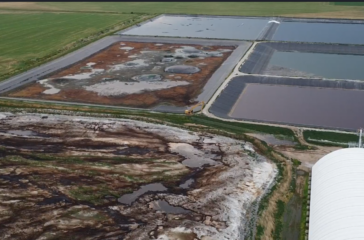Health advocates applaud MAHA report for calling out chemical harms, but say it falls short
By Carey Gillam
Exposures to pesticides and other chemicals, ultra-processed foods and over prescription of medications are among the factors contributing to an epidemic of chronic disease in America’s children, according to a government report issued Thursday by the Trump administration’s controversial “Make America Healthy Again” (MAHA) Commission.
 EWG
EWG





